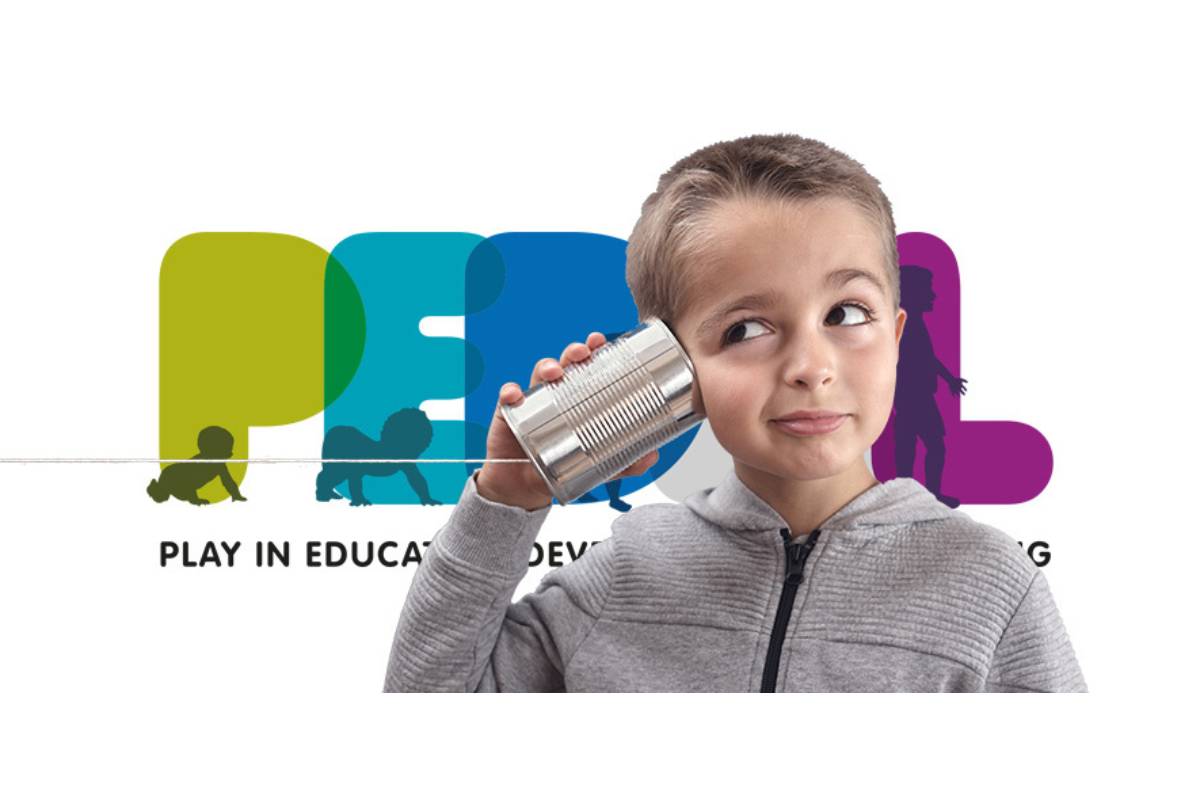No products in the cart.

Thoughts from Scotland
Dr. Sarah Aiono shares her recent experience meeting with the Play in Education, Development and Learning (PEDAL) team based in the Faculty of Education at the University of Cambridge, UK. This team is led by Lego’s Professor of Play, Paul Ramchandani, and is charged with undertaking research on the benefits of play for children and their development. As Sarah makes her way north to present at the International Play Association Conference, she couldn’t miss out on the opportunity to connect with fellow research peers and discuss the pedagogy of play. Hear more from her below…..

Greetings from Scotland
As I slowly road trip my way towards Glasgow and the XXII International Play Association Triennial World Conference, I have been fortunate enough to connect with the Play in Education, Development and Learning (PEDAL) team based in the Faculty of Education at the University of Cambridge. My meeting involved Professor Sara Baker, principal investigator in the centre for research on Play in Education, Development and Learning, and a group of her PhD students from Mexico, Kenya, and Slovakia. In addition, I connected virtually with a post-doctoral fellow also in PEDAL, but physically situated in Chile. We swapped experiences, compared notes, and dug deep into the realm of play as a pedagogical tool, traversing geographies from New Zealand, Mexico, Kenya, the UK and Chile.
Different Worlds, Same Challenges
There was an interesting commonality in our discussions: teachers, regardless of geography, appreciate the value of play. They recognise its significance in the primary school context, but often grapple with how to use it as a tool for delivering the national curriculum.
The Kenyan example was quite illustrative: policy mandates teachers there to run in 30-minute blocks of scheduled learning, after which students pack up and transition to a new focus. There’s a rhythm to this approach, but also a rigidity that contrasts sharply with the New Zealand experience. Here, we have the flexibility to integrate learning experiences without strict time restrictions, allowing for a more fluid, interconnecting learning journey.
The UK continues to grapple with a heavy timetable focused significantly on literacy and numeracy, with standardised testing driving much of the work of teachers. While play is recognised as valuable, the focus on assessment and Ofsted requirements means that its use pedagogically falls into the category of ‘playful’ rather than self-directed play. In addition, limiting school environments and health and safety policies mean that for many schools resourcing for play is a bureaucratic nightmare. In some schools, play is used as the trojan horse for teacher-directed activities, rather than the use of play as a responsive pedagogical approach.
Pedagogy and Autonomy
The Cambridge researchers were intrigued to learn about the significant autonomy we have in New Zealand. Save for explicit learning groups in literacy and numeracy, teachers can utilise play-based learning for the bulk of the school day. The surprise this revelation caused underscored the potential value of this pedagogical freedom.
However, we concurred that achieving a localised curriculum rooted in play pedagogy necessitates strong leadership, as well as trusting and supporting teachers to engage in continuous professional learning and development. This helps boost their confidence and enhance their skill set in this pedagogical approach.
The Cultural Lens
Parental expectations and cultural norms regarding education delivery sparked a lively discussion. Navigating societies that emphasised drills and rote learning, where thought, creativity and innovation may not be as highly valued, is indeed a complex task. We discussed the need to reeducate parent communities around the future landscape for our children – the workforce, technology, and the need for a dispositional approach to learning that can look very different to the industrial, even Victorian model of schooling many parents would have experienced. This led to the use of transparent and student-centered assessment procedures – such as learning stories – as a powerful way in which we can promote the pedagogical value of play in children’s learning.
The Promise of Practice-Based Coaching
One of the most poignant questions came from the post-doc from Chile, who inspired by his time in New Zealand classrooms, is advocating for significant pedagogical shifts back home. He asked, “What do you do with those teachers who just don’t ‘get it’? Will they ever shift?”
That question led us to discuss the power of practice-based coaching in supporting educators to adapt their teaching methods. For teachers to alter their practices, they first need to understand their existing methods, what the new ones entail, and how often and effectively they’re employing them.
Through practice-based coaching and tools like the Play-Based Learning Observation Tool (PBLOT: Aiono & McLaughlin, 2018), we can help teachers critically examine their practices in a supportive, strengths-based environment. This facilitates gradual changes over time, rather than pushing them into uncomfortable and overwhelming territory – the point at which new learning ceases and the brakes go on.
In essence, this approach mirrors how we guide children in their learning journey. Step by step, we scaffold their growth, encouraging incremental shifts rather than demanding drastic leaps.
A Global Learning Journey
Overall, this enlightening discussion brought home how similar our challenges and experiences can be, despite the geographical and cultural distances. As we continue our collective journeys in play pedagogy, it is refreshing to know that there is a significant body of educators and researchers around the world walking the same walk and advocating for meaningful and connected learning experiences for our children.



Leave a Reply
You must be logged in to post a comment.